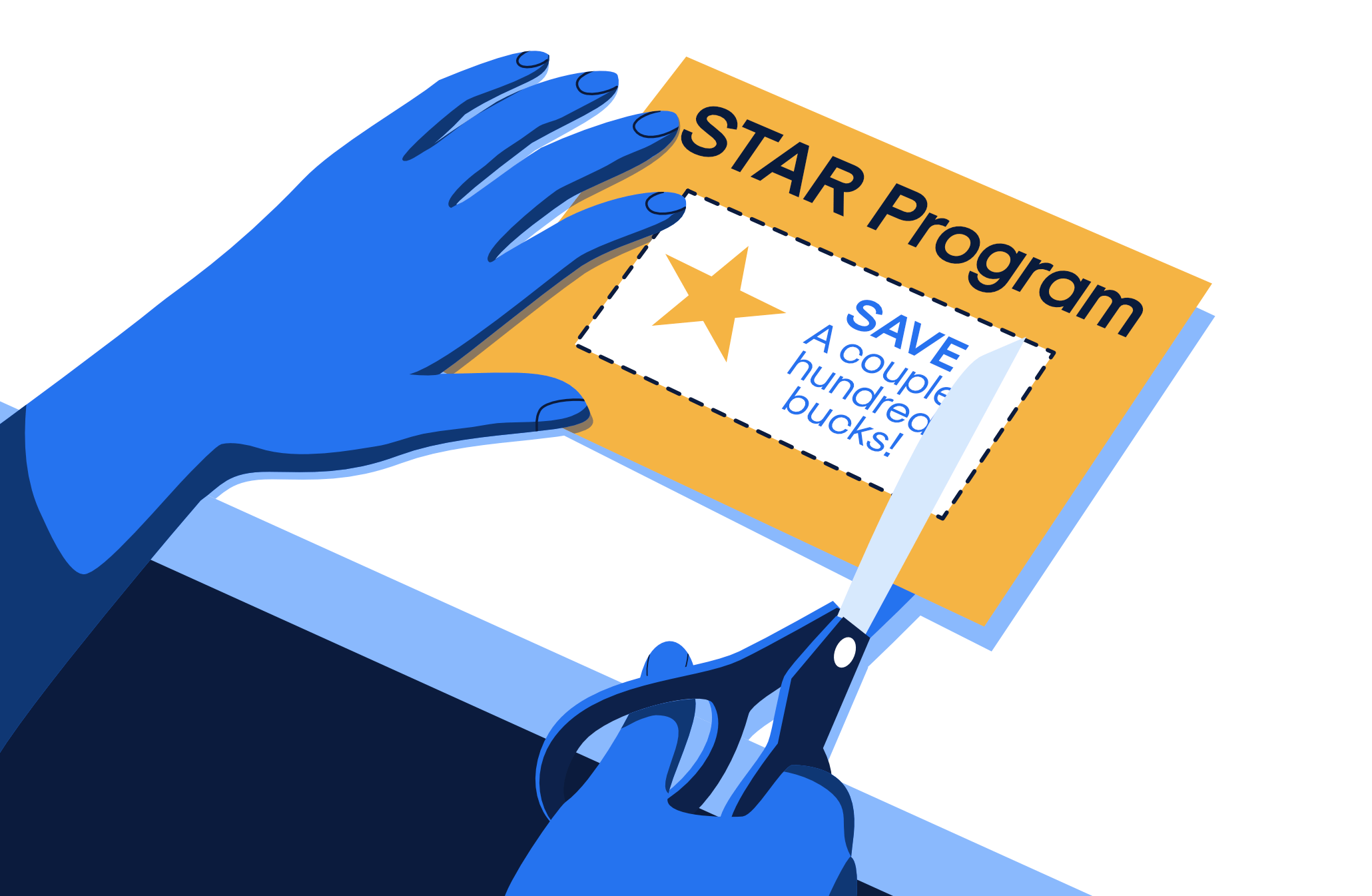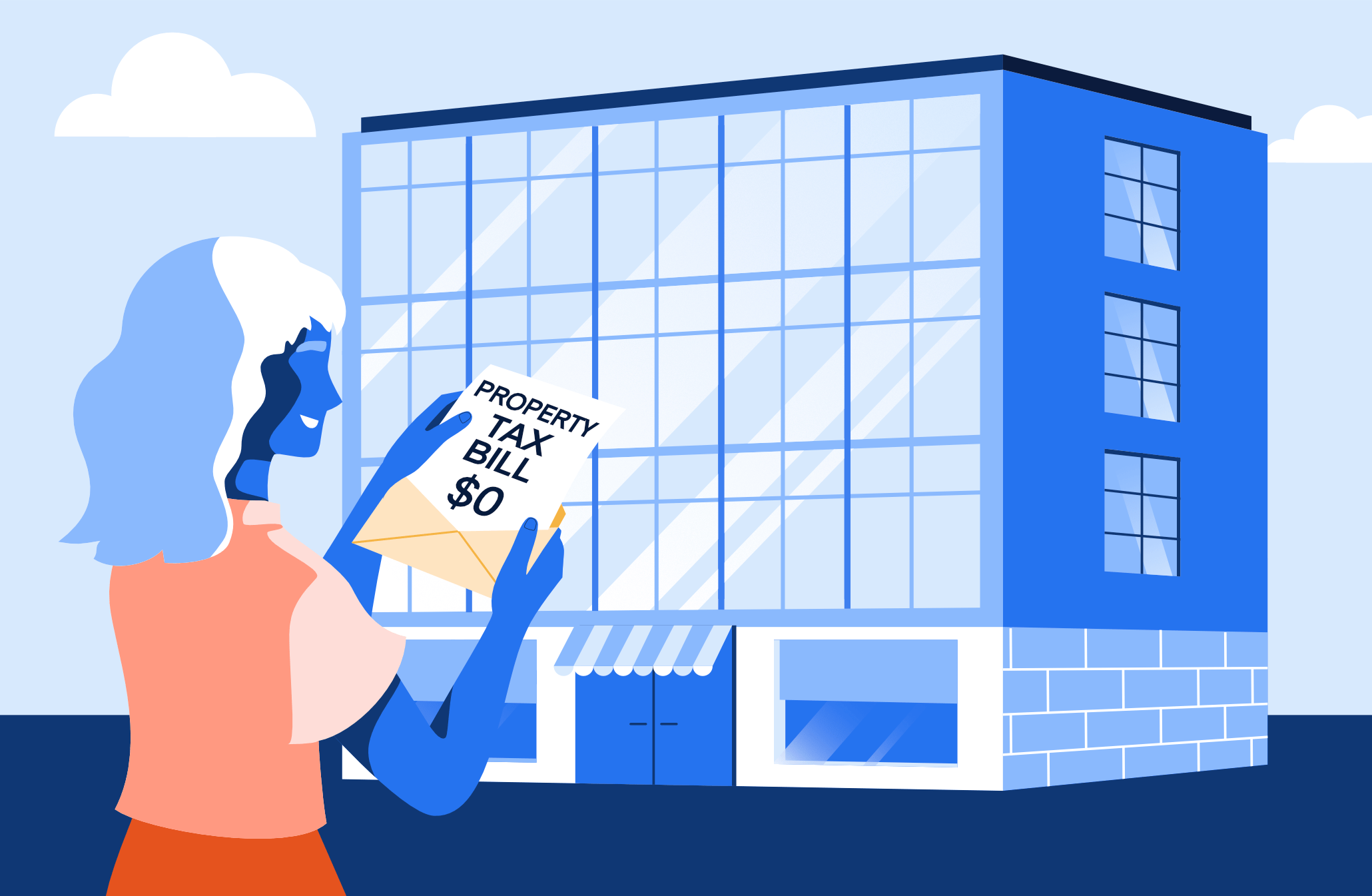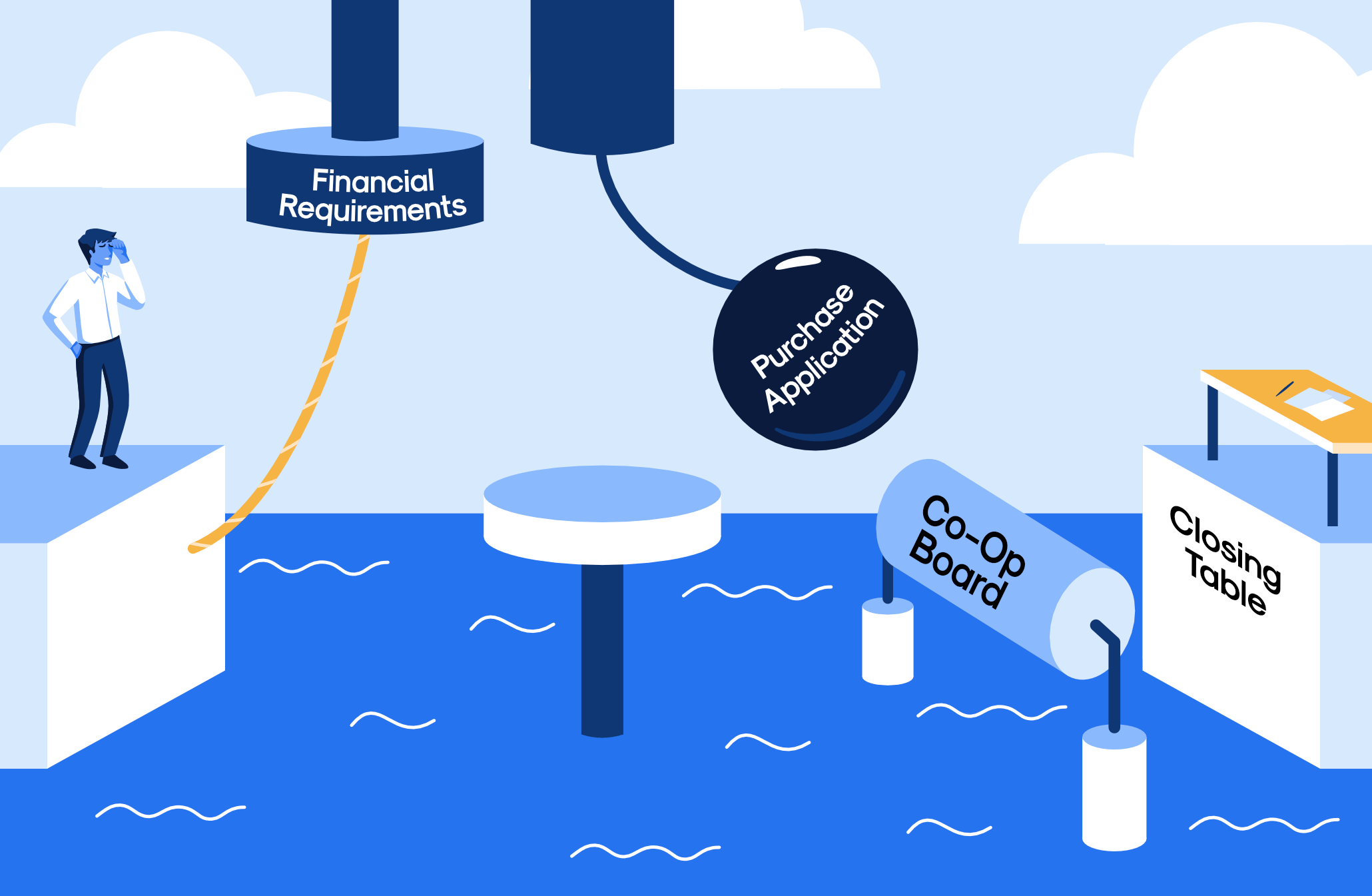It’s easy to assume there’s no reason to look up a NYC property tax bill when you’re shopping for an apartment - taxes are prominently displayed on every listing - but every buyer should know where to find one and how to read it.
How Do You Find A NYC Property Tax Bill?
You can find the property tax bill for every condo and house in NYC on the Department of Finance’s (DOF) website. Co-op property tax bills are issued to the entire building and then divvied up to each unit as part of its maintenance so while you can look up the building’s bill, it’s not very useful.
Searching on the DOF’s website isn’t 100% intuitive so here are a few tips -
- Most of the time, you’re going to search by address. When entering a street number, leave out ordinals (-st, -th, -nd, -rd) on the street number and spell out directionals (“West” instead of “W”). For example, if you were looking up a unit at 111 West 57th Street, you would put “111” as the Number and “West 57 Street” for the Street.
- Searching by block and lot can help when address search isn’t working. This often happens when a building’s marketing address is different than its legal address. If you can find any ACRIS filing with the unit’s block and lot numbers, that will take you to the right place every time.
- In Queens, include dashes (“23-15 44 Drive” instead of “2315 44 Drive”).
Once you’ve pulled up the correct property, finding the property tax bill is easy. Just go to “Property Tax Bills” on the left and click on the most recent date.

How Do You Read A NYC Property Tax Bill?
All of the important information in a property tax bill is in the last section called “How We Calculated Your Property Tax.” Not surprisingly, this shows the exact calculation and we’re going to walk you through it line by line.
Estimated Market Value - The DOF estimates market values using “statistical models.” For houses, they use recent sales in the neighborhood and due to some legal quirks, co-ops and condos are valued as if they were investment properties.
Assessed Value - To get the Assessed Value, the Estimated Market Value is then multiplied by 6% for houses or 45% for co-ops and condos. There are some calculation quirks that may cause the exact Assessed Value to vary slightly but it will be in the ballpark.
Taxable Value - The Assessed Value is multiplied by a tax rate to determine your annual property tax bill. Tax rates vary depending on property type. For 2024, the tax rate for houses is 20.085% and for co-ops and condos it is 12.500%.
Abatements, Exemptions and STAR - These reduce your property tax bill. For more information, check out our posts on tax abatements and the STAR program.
Sample NYC Property Tax Bill
Let’s run through a sample property tax bill for a condo. You can find the full PDF bill here but this is the important part -

Here is the start to finish calculation -
- Estimated Market Value: $203,252 - This is what the DOF’s model spits out after analyzing the condo’s income potential and expenses. It is normal for this to significantly understate the true market value of the property (this unit is currently listed for $810,000).
- Billable Assessed Value: $78,796 - If there were no adjustments, this would be 45% of the Estimated Market Value but here it’s 39%. Somewhere between 40-45% is normal.
- 421a: $77,576 reduction - This building has a 421a tax abatement which reduces the assessed value by almost 100%. The benefit will decrease over the next five years on its way to $0.
- Taxable Value: $1,220 - This is simply the Billable Assessed Value of $78,796 minus the 421a tax abatement of $77,576.
- Annual Property Tax: $149.68 - After multiplying the Taxable Value by the current tax rate for condos (12.267%), you get to the annual property tax bill of $149.68.
There is an additional line explaining that due to a decrease in the tax rate, the annual property tax bill declined $2.52. This checks out as the tax rate in the previous year was 12.473%.
Why Should You Read A NYC Property Tax Bill?
Every NYC buyer should know how to find and read a property tax bill and you should always check a property tax bill before submitting an offer.
We find taxes are higher than advertised all the time. Putting aside the obvious cynical explanation, that can happen when taxes have increased or the seller’s agent mistakenly published a reduced rate such as after the co-op / condo abatement.
A NYC property tax bill will also clearly show any abatements or exemptions and allow you to calculate what taxes will be once they roll off.
If you’d like some help, feel free to reach out to us at info@yoreevo.com and we’ll pull the tax bill for any property and walk you through it. We’re also happy to answer any other questions about the property, buying process and as always, help you save with NYC’s largest commission rebate, averaging over $24,000!


